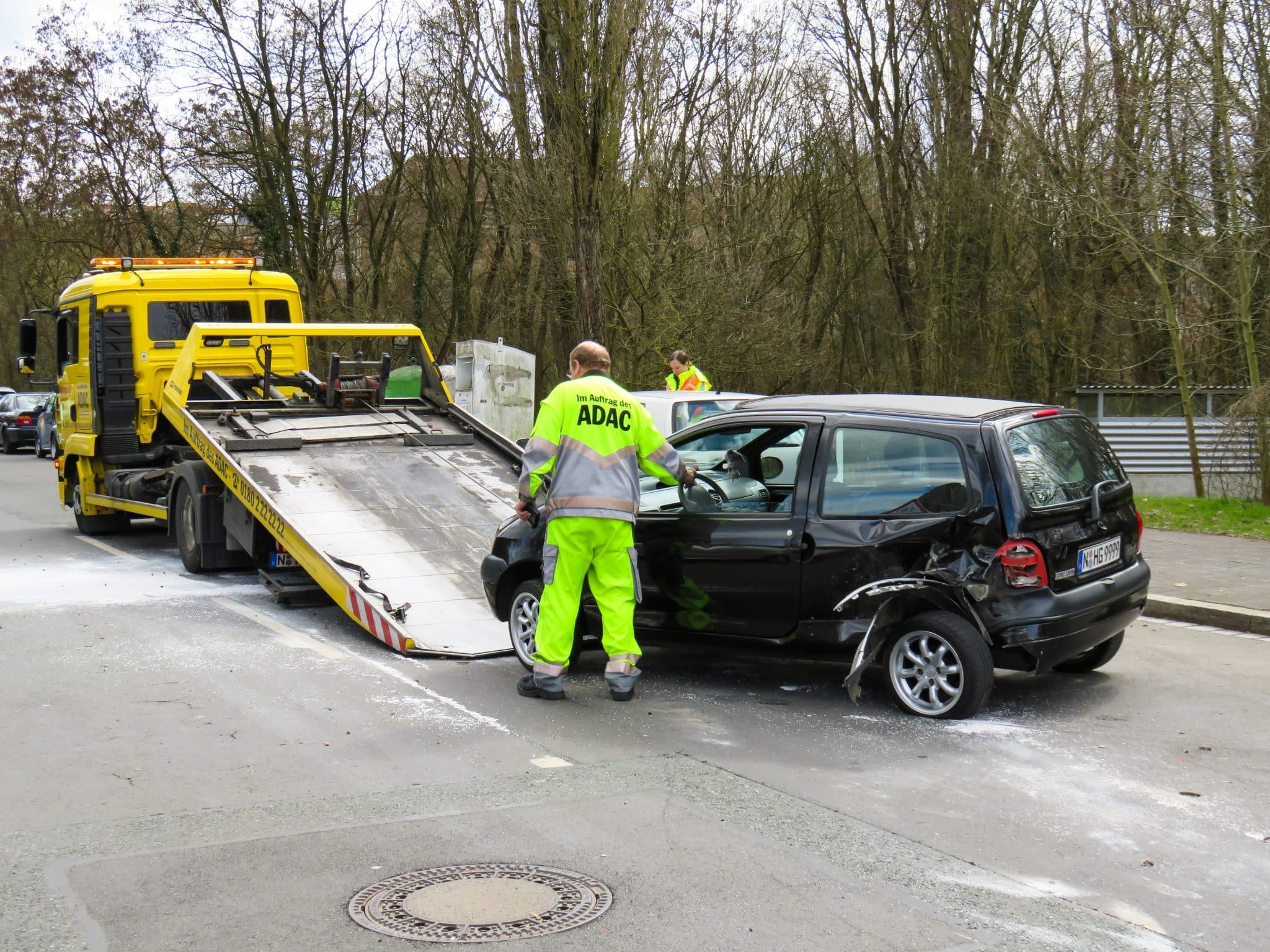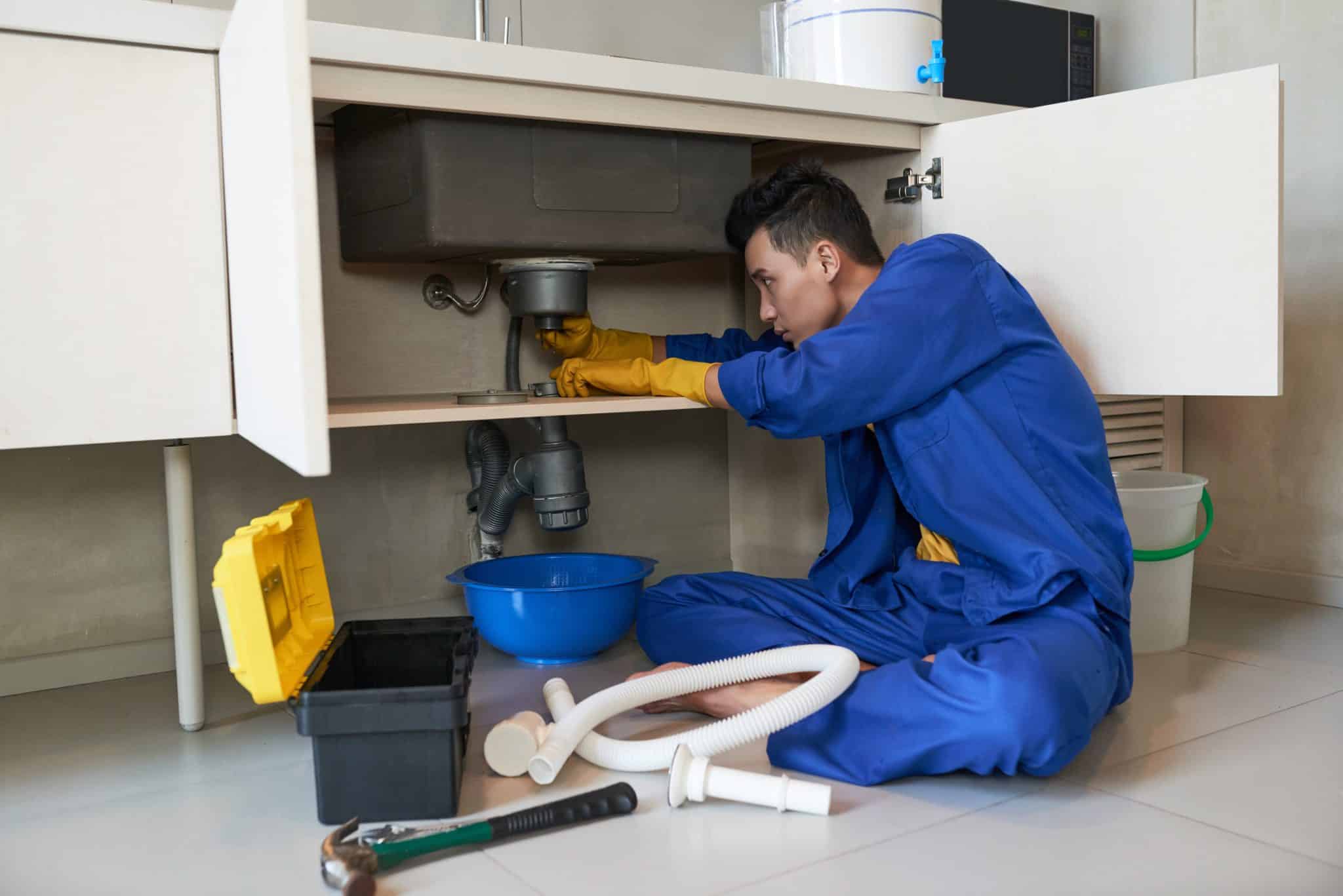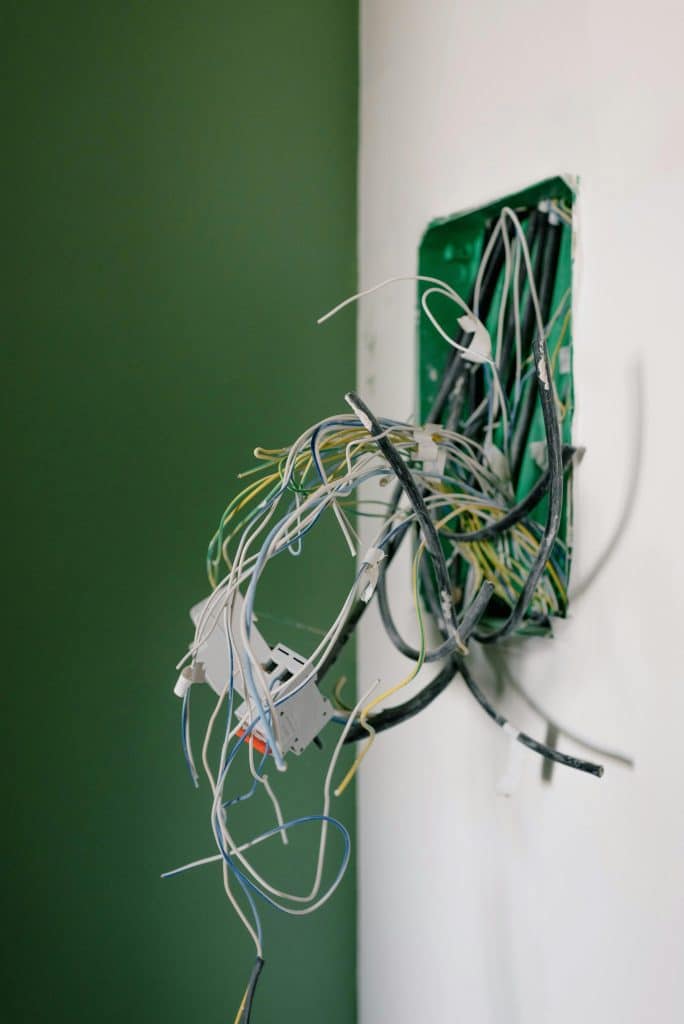When your vehicle’s dashboard lights up unexpectedly or your trailer lights stop working, it’s time to call in a professional. This guide breaks down what an auto electrician tweed does, the types of electrical issues they handle, the services you can expect, and practical maintenance tips to help you avoid costly repairs. Whether you drive a compact car, a rugged 4WD, or manage multiple vehicles for work, understanding how auto electrical systems operate can save you time, money, and frustration.
What an Auto Electrician Does
Modern vehicles are highly advanced machines, filled with complex electronic systems. An auto electrician specializes in diagnosing, repairing, and maintaining those systems. They work with everything from batteries and alternators to control modules, sensors, and safety technologies. Because vehicles now rely on interconnected electronic networks, even a small wiring fault can cause significant performance issues.
Auto electricians use diagnostic tools to scan for fault codes, test circuits, and isolate issues. They ensure that all systems—charging, starting, lighting, air conditioning, and safety modules—function correctly and communicate effectively with one another. Their role is crucial in maintaining performance, reliability, and safety.
Signs You Need an Auto Electrician
You may need professional help if you notice:
- Persistent dashboard warning lights (battery, ABS, airbag, or engine)
- A slow or inconsistent start
- Flickering or dimming lights
- Air conditioning or climate control malfunctions
- Accessories such as power windows, wipers, or audio systems are working intermittently.
- Trailer or caravan lights are not operating.
- Battery drains caused by aftermarket accessories
Electrical issues can often seem random or inconsistent, which makes an accurate diagnosis essential. A qualified auto electrician can identify the root cause quickly and provide long-term solutions.
Common Auto Electrical Problems
Battery and Charging System Faults
Frequent short trips, heavy accessory use, or an aging alternator can lead to battery problems. Symptoms include slow cranking, flickering lights, or warning signals. Testing and replacing a battery or alternator with the correct specifications helps prevent breakdowns.
Wiring and Lighting Issues
Worn connectors, poor grounding, or corrosion can cause headlights, brake lights, or indicators to malfunction. Professional electricians can test the wiring, repair faulty connections, and install upgraded lighting safely.
Accessory and Dual Battery Systems
For vehicles fitted with fridges, inverters, or dual battery setups, proper installation is vital. Incorrect wiring or undersized cables can cause voltage drops or overheating. A skilled auto electrician ensures every circuit is fused correctly and protected.
Air Conditioning and Climate Control Faults
Air conditioning problems aren’t always mechanical—often, the issue lies within electrical controls or relays. An auto electrician can test the electrical side before unnecessary parts are replaced.
Services You Can Expect
Comprehensive Diagnostics
Advanced diagnostic scans and real-time data analysis accurately identify issues without guesswork.
Battery, Alternator, and Starter Repairs
Testing and replacement of critical components ensure the vehicle starts reliably and maintains proper charging levels.
Accessory Installation
From dual battery setups and dash cams to UHF radios and solar systems, professional installation ensures clean wiring and reliable performance.
Air Conditioning Electrical Repairs
Electrical testing ensures compressors, relays, and sensors are all functioning correctly before recharging or replacing parts.
Mobile and Workshop Services
Some electricians offer mobile services for quick fixes, while complex diagnostics, wiring, or programming may require workshop facilities.
Choosing the Right Auto Electrician
When selecting an auto electrician, look for:
- Qualifications and Experience: Ensure they’re trade-certified and fully insured.
- Modern Diagnostic Tools: Up-to-date scan tools and software are essential for modern vehicles.
- Transparent Pricing: A clear diagnostic fee and hourly rate help avoid surprises.
- Warranties: Reputable services offer warranties on parts and labor.
- Customer Reviews: Look for consistent feedback on communication, workmanship, and reliability.
Maintenance and Prevention Tips
- Check Battery Health Regularly – Inspect for corrosion, swelling, or low voltage, and use a smart charger if the car sits for long periods.
- Keep Connections Clean – Apply dielectric grease to terminals and connectors to prevent corrosion.
- Understand Your Fuse System – Carry spare fuses and check diagrams before replacing any fuses. Never use a larger fuse than recommended.
- Inspect Wiring Periodically – Look for frayed cables, exposed wires, or loose connections, especially after off-road trips.
- Test Electrical Accessories – Before long drives, check all accessories, lighting, and trailer connections.
Final Thoughts
Your vehicle’s electrical system is its nervous system: essential to every function, from starting the engine to powering navigation and safety features. A qualified auto electrician Tweed can diagnose faults accurately, carry out safe and reliable repairs, and help you maintain every component for peak performance. With routine maintenance, professional advice, and attention to early warning signs, you can keep your vehicle’s electrical systems running smoothly for years to come.



